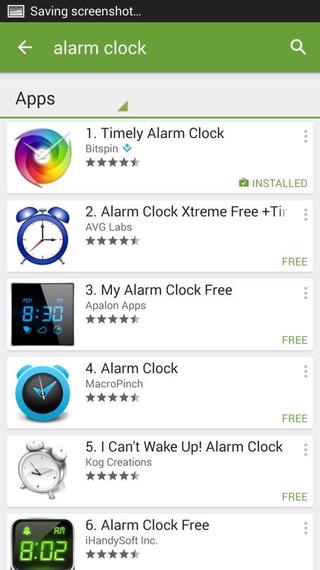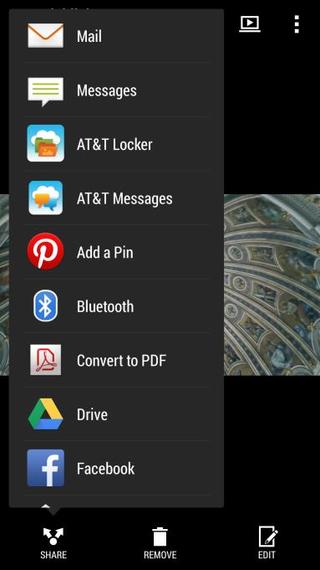The world got really complicated all of a sudden. You see it in life and you see it especially at work. While so many great applications exist that simplify life's transactions and advances in technology make a 24/7 layer of connectedness, there is a cost that we have incurred as a result.

Look up anything, and I mean literally anything, and there are probably more than 50 applications for the same use or feature. The fact we can get an application for anything we need and that we have such choice, is truly amazing. But, which do you choose with this app-saturated world? Do you go with the cheapest, the free one or the one with the most recommendations? Do you not care because, after all, you download one, then if you do not like it, you just get the next. Let's take the alarm clock. How much time did you spend choosing the application for your alarm clock? Just so you can have it on your phone, which means you will be looking at your phone first thing in the morning. Then, you will notice all your notifications and simply have to look. Now you read a work email and all you are thinking of is your response. Hello, overload. Now, when the alarm goes off - you used to just slap your hand down onto the clock and turn it off. Now, with your cool new app, you go to do that, but wait...you have a phone cover so you have to open your sleepy eyes, get to the phone, type in your pin code, then select your option. Welcome, complexity.
Now this was a trivial example. But, the truth is, it is easily translatable into many scenarios as "we are undergoing a period of technological advancement that will alter the way we live our lives in nearly every way". Let's look at work. When did it become so complicated?
Before, your computer was a desktop so work was pretty much at work (unless you logged on from your home computer). If you needed to talk to someone, you called them. If you needed to email someone, you did so from the email solution your company had implemented. Fast forward to now. You want to talk to someone - what do you use? Is it a quick note? So maybe the IM application? Is it lengthier? So maybe an email? But which email application? You have one on your laptop, 3 on your mobile phone. You ping them on IM (ignoring their busy red status, as what does busy even mean anymore), hear nothing so email them too incase, and send them a text. On their end, they get an IM notification and an email notification on their laptop and phone, as well as the SMS notification. 4 Notifications, 2 devices, all for the same message. Now think - how many ways do you have to connect to someone? How many applications do you have to share files? How many notifications do you have on a daily basis? How long does it take you to find things across this distributed landscape?
Back to life. How many real world experiences have you missed because you are so busy photographing it so that you can show others and "remember it later"? How many applications do you now upload the picture to? There are so many, we had to introduce a little button to "Share" just to fit in all the options. We have the ability to share our photos with a large audience, with much greater ease than previously possible. Before, you had 25 pictures on the film in your camera. You had no idea what the picture was going to look like and you had to wait days to see. Because of this, you carefully chose when to take a picture and only took one of each different view you wanted to keep. Now, you can take as many as you want, delete them on the spot and see them right then and there. But what are you missing while you are so busy taking all these photos? Are you really seeing the great sunset or the beautiful view?
The fact that obtaining things today feels so "effortless", just like taking pictures, means we have learnt to take it for granted. This is exactly why User Experience is key. In an overloaded market place, it will differentiate your product. It is how the user connects with your product emotionally and will keep them coming back to it, recommending it and choosing it from the plethora of similar ones available.
It is up to you, the Experience Designer, to enrich people's lives with the experiences you design. It is your responsibility to think through the full experience; how your solution interacts with the users existing landscape and makes things truly better for people while minimizing the costs they experience from the world today. The bar is high, and getting higher.

